UCC pandemic grant, through Conference, aids hard-hit Marshallese congregations in Arkansas
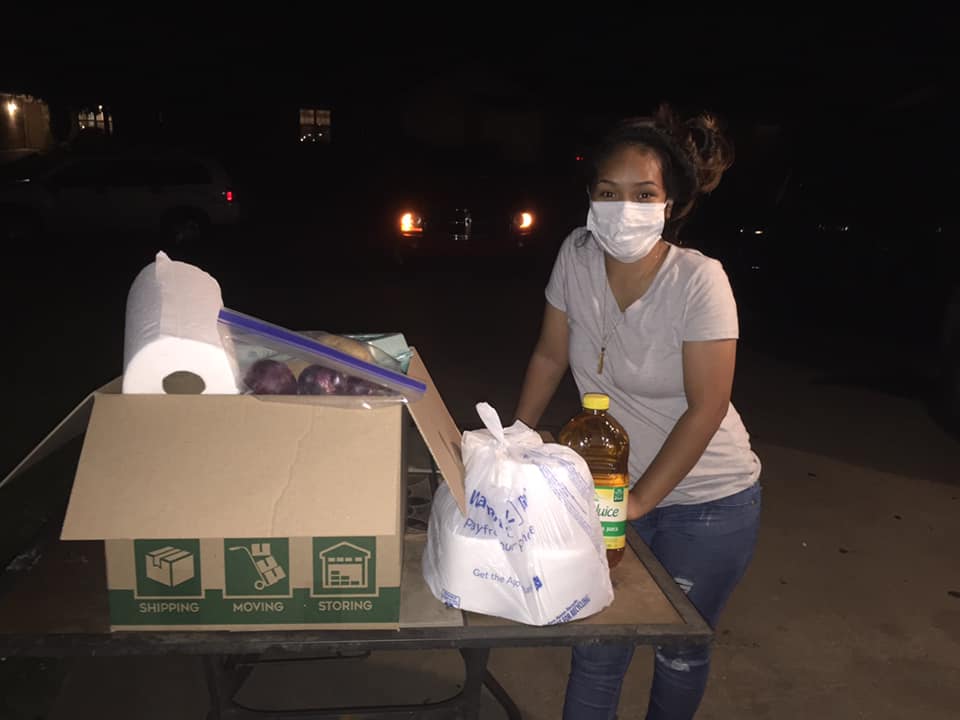 A $10,000 pandemic relief grant from the United Church of Christ will soon be providing financial assistance to the Marshallese community in Northwest Arkansas. The funds, sent to the Missouri Mid-South Conference, will help hundreds of households in two churches with rent, food and medical bills.
A $10,000 pandemic relief grant from the United Church of Christ will soon be providing financial assistance to the Marshallese community in Northwest Arkansas. The funds, sent to the Missouri Mid-South Conference, will help hundreds of households in two churches with rent, food and medical bills.
“Many of the Marshallese work in the poultry plants,” said the Rev. Ginny Brown Daniel, Conference minister. “They comprise 3 percent of the population and are currently 50 percent the COVID-related deaths in the area. I have been in touch with community leaders and there is a huge need.”
To help struggling families, Brown Daniel applied for and received a COVID-19 Conference Recovery grant offered by the national ministries to provide support to Conferences to meet needs created or worsened by COVID-19. The money must be used to serve individuals in the hardest hit areas affected by the pandemic.
COVID-19, unemployment, eviction
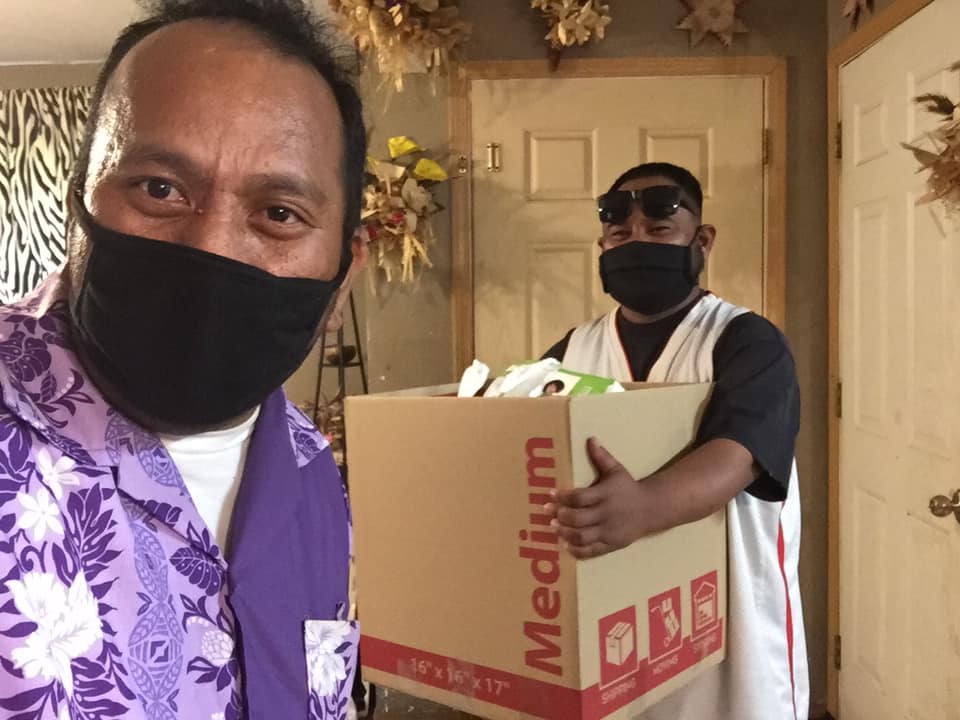 “The situation in our community here in Northwest Arkansas is bad,” said Albious Latior, a member of Arkansas JRD Church, one of three UCC-related churches located in Springdale, a suburb of Fayetteville. He has been working closely with his neighbors, and with Brown Daniel, to help families get financial relief. He’s also delivering donations and checks to families with money raised through the community adopt-a-family and GoFundMe campaigns.
“The situation in our community here in Northwest Arkansas is bad,” said Albious Latior, a member of Arkansas JRD Church, one of three UCC-related churches located in Springdale, a suburb of Fayetteville. He has been working closely with his neighbors, and with Brown Daniel, to help families get financial relief. He’s also delivering donations and checks to families with money raised through the community adopt-a-family and GoFundMe campaigns.
Latior has also been serving as a translator with factory management, trying to advocate for quarantine pay. If a worker comes in contact with someone infected with COVID-19, or tests positive for the virus, that person has to quarantine at home for 14 days. So do other people who live with them. And that is a huge problem for the Marshallese, who often have extended families, with more than one breadwinner, living in the same household.
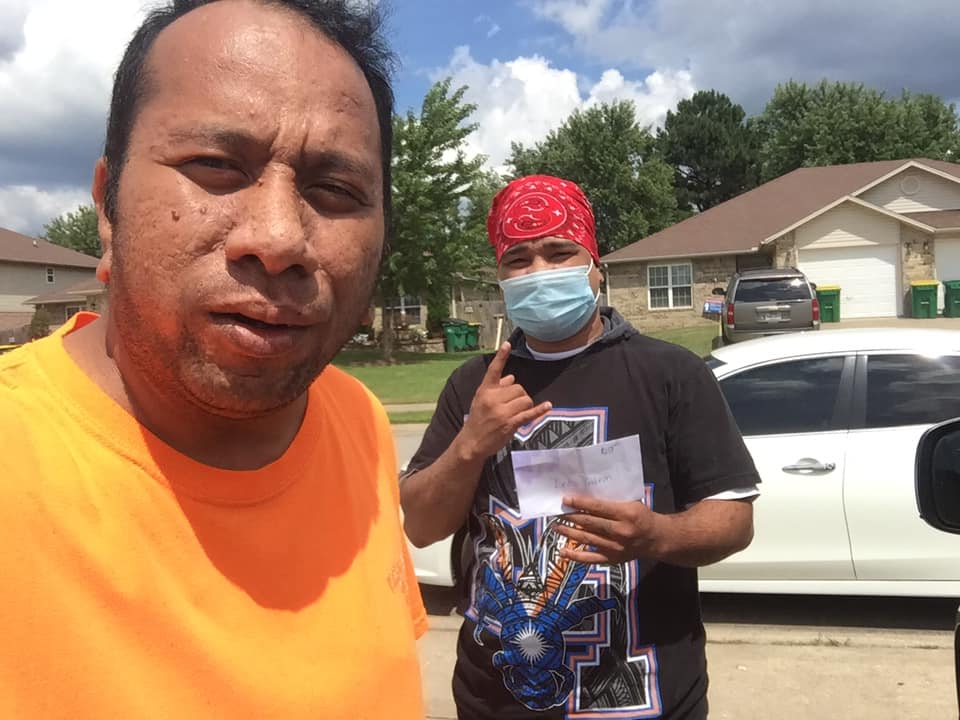 “Marshallese like to live with family members,” Latior said, “often with eight or nine people in a household. Three may work in the poultry industry. If one tests positive they all stay home, with no pay.” In the community, he said, “there are 60 about to be evicted because they can’t pay rent. They were positive, brought COVID-19 to the family from work.”
“Marshallese like to live with family members,” Latior said, “often with eight or nine people in a household. Three may work in the poultry industry. If one tests positive they all stay home, with no pay.” In the community, he said, “there are 60 about to be evicted because they can’t pay rent. They were positive, brought COVID-19 to the family from work.”
Many of the people in the tight-knit community don’t have a regular doctor, or health care. They only go to the hospital when they are really sick.
“We Marshallese are not eligible for some of the (government) medical care. We only get insurance though our workplace,” Latior said. “Our numbers are really high on diabetes, blood pressure, kidney and liver problems. Data will show that our people have chronic disease. Checkups are not something that Marshallese do regularly. So people don’t know they are sick, until they are really ill.”
Physical, emotional , financial impact
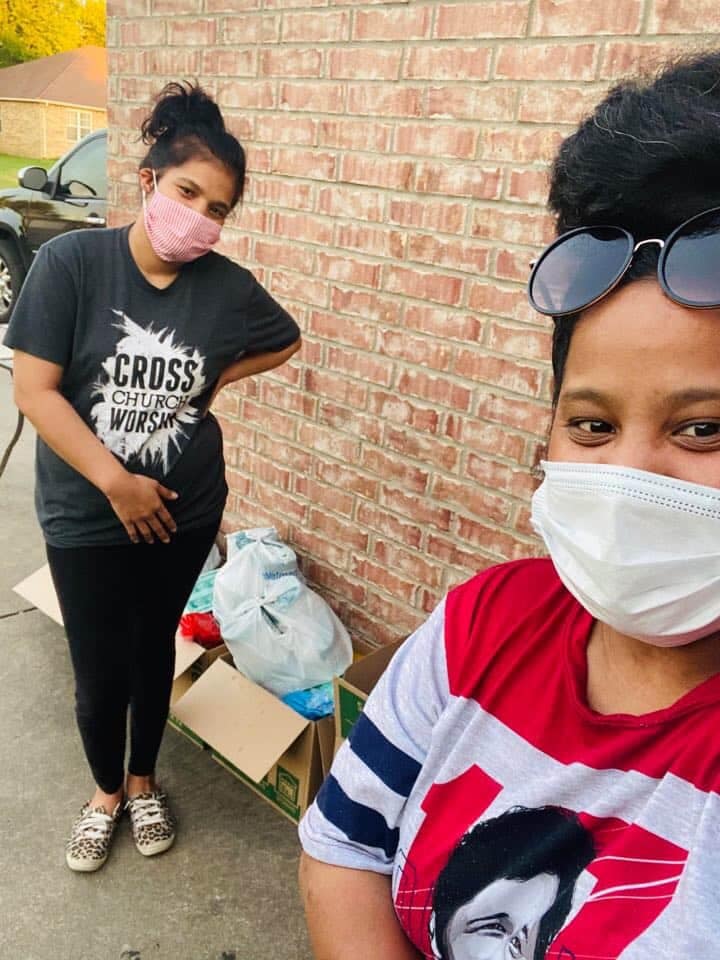 The Rev. Riten Menke pastors the Marshallese JRD UCC Church, Fayetteville. He said his congregation has already lost four members to COVID-19. One, the church patriarch, was a deacon “who was here for our groundbreaking. He signed the contract to build our church from the ground up.”
The Rev. Riten Menke pastors the Marshallese JRD UCC Church, Fayetteville. He said his congregation has already lost four members to COVID-19. One, the church patriarch, was a deacon “who was here for our groundbreaking. He signed the contract to build our church from the ground up.”
Menke said his congregants “are saddened with this pandemic and the damage it’s doing to them physically, emotionally and financially. A lot of our members have either lost a job, have had hours cut in half or are currently on unemployment. The contributions that were given to church have stopped. No money is coming from the members anymore.
“Everyone is taking it day by day,” he said. “I’m hoping and praying this ‘new normal’ will end soon and everything and everyone will get back on track.”
The Missouri Mid-South Conference has been assisting the Marshallese community, raising $2,000 to purchase and distribute masks.
“Rev. Ginny has done an outstanding job in providing us with supplies. She’s constantly sending me email asking about how our congregation is holding up,” said Menke. “A week or so ago, I received a delivery of masks from Rev. Ginny at my front door. We shared our masks with the other Marshallese United Church of Christ churches here too. We are paying it forward. We’re all in this together.”
Distributing grant relief
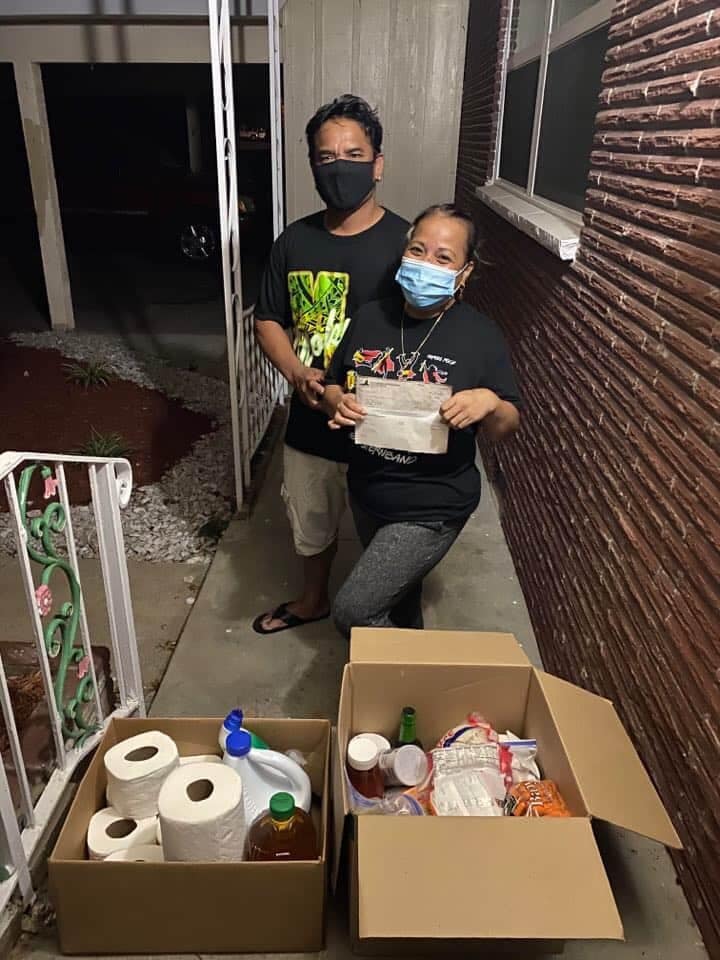 Brown Daniel plans to divide the COVID-19 grant money among the churches.
Brown Daniel plans to divide the COVID-19 grant money among the churches.
”The grant Rev. Ginny has received will help lots of our families,” said Latior. He’s working with Brown Daniel to identify the needs in his church community, and will hand deliver checks to the families in need.
“Our church asked all the households to provide names so we can have checks for them during the pandemic. We have about 70-plus households in our church.”
The Conference minister is also advocating for paid sick leave for poultry plant employees, sharing a petition that calls for that, hazard pay and safer working conditions.
“The injustice inflicted upon the Marshallese community in northwest Arkansas is sadly the embodiment of the deadly pandemics of COVID-19 and white supremacy,” said Brown Daniel. “I am so grateful for God’s presence through Alibous Latior, Pastor Riten Menke, and the Marshallese churches during these two pandemics. The Missouri Mid-South Conference and entire United Church of Christ must leverage our privilege to demand justice and equity for the Marshallese people in northwest Arkansas. Only then will we truly be allies with the Marshallese UCC churches as they serve and fight for the Marshallese.”
The Montana Northern Wyoming Conference has also been awarded a COVID-19 Conference Recovery grant and two other Conferences have inquired about one, said the Rev. Monica Dawkins-Smith, executive associate, Wider Church Ministries. The grant offered to Conferences is one of a dozen pandemic grants available to congregations and Conferences because of COVID-19.
“As we move into the on-going response to COVID-19 we are finding that beyond the challenges posed for those who contract the disease, communities are facing a myriad of problems. Wider Church Ministries has a long history of responding to the long-term effects of disasters through Disaster Response Ministries,” said the Rev. Karen Georgia Thompson, associate general minister. “COVID-19 effects are long-term. Families are experiencing loss of income. Food banks are responding to provide food and are finding their resources depleted. Others are faced with the quarantine and loss of income as a result. Our vulnerable populations are being pushed further into crisis. These grants were made available for these long-term needs. The collaborative response from the UCC has been framed with the intention of ensuring that there are opportunities for the varying needs that are affecting our pastors, congregations, and conferences.”
Read more about other recipients of COVID-19 Conference Recovery Grants here.
Related News
A Prophetic Call for Justice and Peace in Palestine
The executive leaders of the United Church of Christ have issued the following statement...
Read More‘Love is Greater Than Fear’: Regional Youth Events get to the heart of gospel message
United Church of Christ teens attending this summer’s Regional Youth Events (RYE) are...
Read MoreUCC desk calendars available to order now
Prepare for your day, month and year with the United Church of Christ desk calendar —...
Read More


